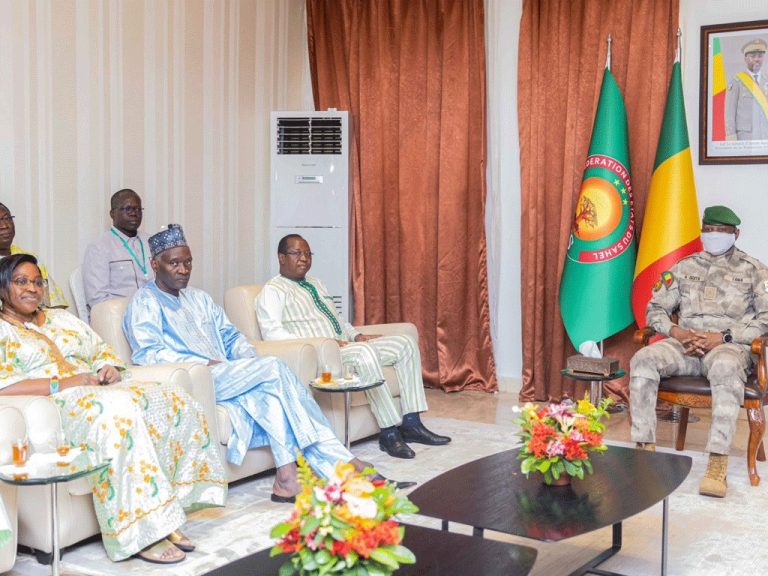AES: Sahel nations forge united path in higher education reform

At Koulouba Palace on June 13, 2025, His Excellency General Assimi Goïta, Mali’s Transitional President and Chair of the Alliance of Sahel States (AES), convened education ministers from member nations to reaffirm their collective commitment to building a robust higher education system tailored to regional needs.
This high-level meeting demonstrated the political will to elevate tertiary education as a strategic priority, recognizing that the Sahel’s socioeconomic and security challenges demand coordinated, lasting solutions.
The Bamako discussions revealed shared obstacles hindering equitable access to quality education: insufficient infrastructure, curricula misaligned with labor market realities, and limited academic mobility across borders.
By candidly addressing these challenges, the ministers laid groundwork for deeper cooperation through resource sharing and curriculum harmonization ensuring all Sahelian youth can access relevant training regardless of nationality or financial means.
The AES is now pioneering a transformative approach through confederation-wide centers of excellence.
These specialized knowledge hubs will concentrate regional expertise in priority fields including sustainable agriculture, natural resource management, governance innovation and security technologies.
Open to students from all member states, the network aims to bridge development gaps while enhancing the global competitiveness of Sahelian graduates.
This bold educational vision positions higher learning as the engine of strategic development across the Sahel.
Through their joint commitment, AES nations are demonstrating how accessible, quality education can drive autonomy, stability and lasting prosperity turning knowledge into tangible tools for regional transformation.
The Bamako declaration marks a decisive step toward creating what President Goïta described as “an education system worthy of our people’s aspirations.”
Neil Camara






